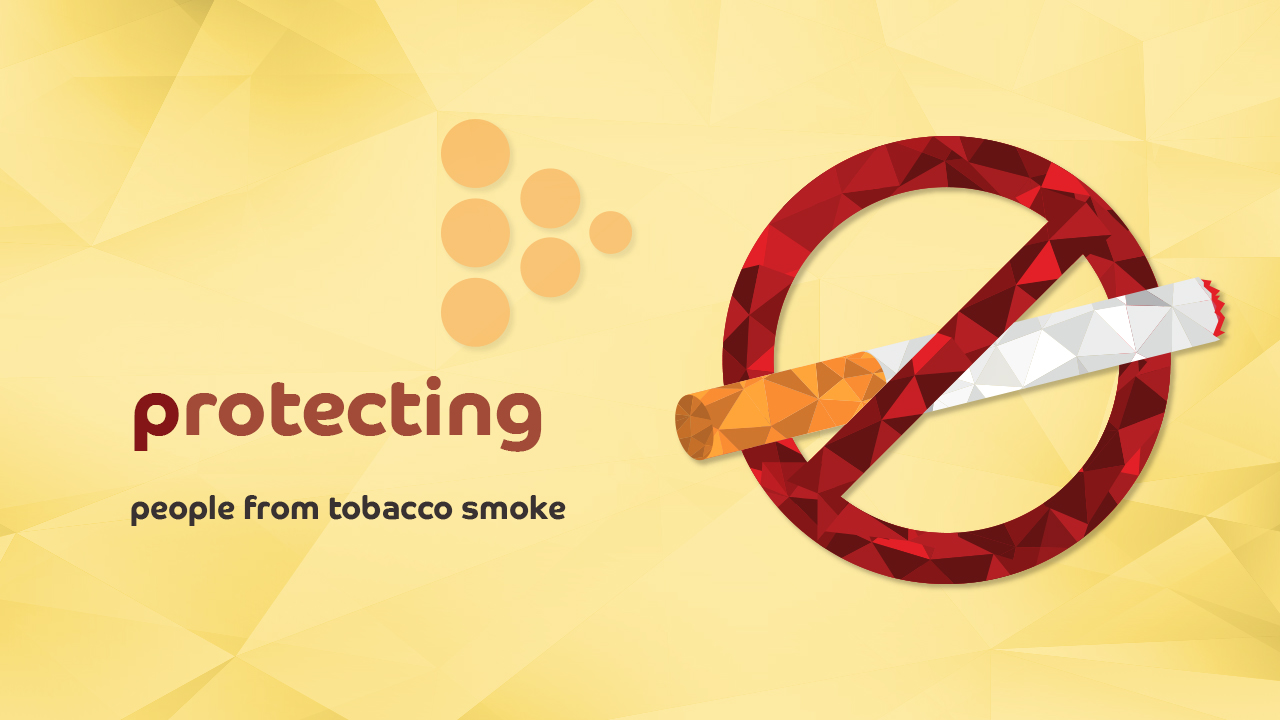
Context
The initial ban on smoking in public places in Lebanon was declared in 1993, but inadequate enforcement and political events led to high smoking rates. The involvement of the tobacco industry in governmental decisions further hindered the development of a national policy. In 1998, the Ministry of Public Health established the National Tobacco Control Programme, with collaboration from WHO, and Lebanon ratified the WHO Framework Convention on Tobacco Control (FCTC) in December 2005. In 2009, a draft law was proposed to the Parliament after a period of political instability from 2005 to 2008. However, certain aspects of the draft were not aligned with the WHO FCTC, such as allowing smoking in designated sections of enclosed public places, implementing the ban gradually with a 5-year delay, and lacking fines for violations.
Initiative
A coalition comprising academic researchers, civil society and media came together to advocate for a comprehensive smoking ban in indoor public spaces, with no exceptions. They utilized local evidence highlighting the high prevalence of tobacco use and its health and economic impacts. In 2009, an intensive advocacy campaign was launched by various stakeholders to expedite the adoption of a comprehensive tobacco control policy. Concurrently, the National Tobacco Control Programme initiated a nationwide mass media campaign to raise awareness about the dangers of second-hand smoke. Public perception increasingly recognized tobacco use as a significant public health concern. A national survey demonstrated strong public support for smoke-free public places, with 94% agreeing that banning indoor smoking would benefit health and 82% believing it would be fair. In 2011, after persistent legislative efforts and challenges including interference from the tobacco industry, the Lebanese Parliament passed a new tobacco-control act (Law 174), making the country entirely smoke-free. The law encompassed a complete ban on smoking in enclosed public spaces like restaurants, cafes and public transport, accompanied by fines for non-compliance applicable to both establishment owners and smokers. A grace period and extensive mass media campaigns were implemented to promote awareness and facilitate the effective implementation of the law. The Ministry of Public Health collaborates with the ministries of interior, tourism and economy to enforce smoke-free policies.
Challenges and lessons learnt
The campaign's success hinged on the distinct roles played by each partner. The law was crafted with international guidance to incorporate global best practices, alongside advocacy efforts to garner public support. Nongovernmental organizations and civil society groups played a pivotal role in providing remarkable assistance for tobacco control initiatives. Despite challenges posed by interference from the tobacco industry and entrenched relationships between industry and policymakers, champions effectively aligned public health concerns with political will. The implementation of Law 174 faces hurdles due to recurrent political events that have compromised compliance and monitoring efforts. Insufficient staffing of inspectors has limited coverage across Lebanese regions. According to the WHO Report on the Global Tobacco Epidemic of 2019, compliance with smoke-free policies is relatively high in healthcare and educational facilities (8 and 9 out of 10), but lower in workplaces, government facilities and the hospitality industry (0 to 5 out of 10). Lebanon's smoking prevalence remains among the highest in the Region, primarily due to the lack of sustained funding for tobacco control activities.
Impact
The Ministry of Public Health's pivotal role in tackling tobacco-related matters has received acknowledgement, guaranteeing a widespread coalition encompassing various government sectors and ministries to enforce comprehensive tobacco control measures. Lebanon has taken a significant stride in tobacco control by implementing this law, although concerns persist regarding the tireless tactics and interference of the tobacco industry in impeding its execution.
Next steps
The Ministry of Public Health remains committed to preventing the initiation of smoking, particularly among youth, and reducing tobacco use across all demographics through the implementation of cessation programmes. Efforts will be made to minimize exposure to secondhand smoke and enhance public awareness regarding the detrimental effects of smoking and tobacco exposure. Lebanon is also actively combating the illicit trade of tobacco products.
References
MPOWER measures to reduce demand for tobacco
WHO Framework Convention on Tobacco Control
WHO Report on the Global Epidemic Tobacco 2019
Story originated in 2019.








